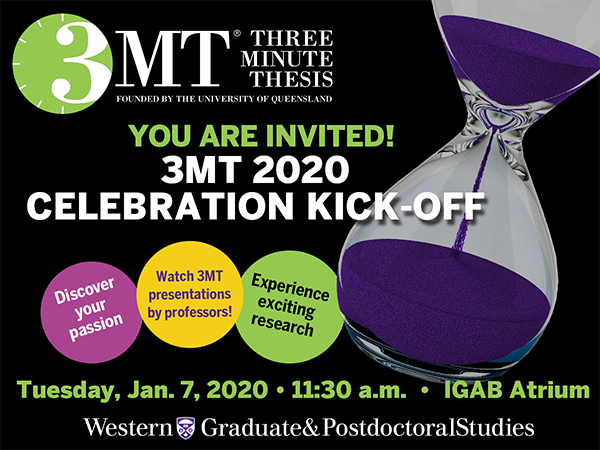March 13, 2020. Memo from Erika Basile, Director, Research Ethics and Compliance Office, Western University
Impact of COVID-19 on Western University Research Ethics Board (REB) approved Studies
Given rapidly evolving circumstances presented by COVID-19, Western’s Health Sciences and Non-Medical Research Ethics Boards (HSREB/NMREB) are monitoring the situation carefully in conjunction with hospital and university programs and units. Our primary concern is the health and well-being of our patients, staff, faculty and students. This is particularly important for ongoing research taking place within our hospitals/university and affiliated sites. This is a fluid situation we are monitoring closely.
The Office of Human Research Ethics does not have the resources necessary to provide their usual levels of ethical oversight. As such, investigators will temporarily need to bear an increased burden for oversight of their projects to ensure research participant/patient safety. This is particularly critical for research participants/patients whose care involves investigational drug or medical device interventions and whose safety depends on regular evaluations.
Effective immediately, enrollment of new research participants into Lawson-affiliated studies not providing a potentially essential treatment option with a time limited enrollment window should be suspended until April 30, 2020. Please note this date may be extended as the situation evolves. In contrast, enrollment of new research participants for non-Lawson affiliated studies is NOT suspended at this time.
We are advising investigators to consider whether their active research protocols could be modified or delayed to limit personal contact, laboratory visits or trips to clinics and hospitals. These modifications must be completed in collaboration with the study sponsor where applicable.
Specifically, in-person interactions should be reduced and/or replaced with telephone or online communication wherever it is possible to maintain the protocol’s scientific validity. Considerations include the nature of the protocol, the type of participants engaged in the research and any additional risks that may arise by switching from in-person to virtual communication (e.g., Cisco Webex at the hospitals, Zoom at Western).
Revised participant consent or consent addendums may be required (e.g., to update privacy considerations with use of different communication channels), but these communication changes do not need to be approved by the HSREB/NMREB prior to implementation. Please note this is not a blanket approval for protocol changes. This correspondence applies only to changes made in response to COVID-19 precautions.
Where research staff are feeling unwell, care should be taken to stay home to prevent transmission of any illness. Institutional protocols must be followed, as determined by Western/LHSC/SJHC/Lawson, if COVID-19 is known or suspected.
While regulations (e.g., TCPS2, FDA) typically require review and approval of research protocol modifications prior to implementation, an exception can be made where the change is necessary to eliminate an immediate risk to participant(s) (TCPS2 Article 6.15 and 21 CFR 56.108(a)(4)). Such changes may be implemented immediately; however, where possible, the notification to the REB should be performed prior to implementing the changes, and when notification to the REB is not possible before implementation, they must be reported to the HSREB/NMREB within five business days (via WREM-Reportable Event-FYI). Please specifically
reference “COVID-19”.
Ethical oversight is the responsibility of PIs if they are introducing additional risks and making urgent changes prior to formal HSREB/NMREB approval. Investigators must also submit a document that describes the changes and explains how participants will be protected. Copies of
any new or revised participant-facing materials must also be submitted. Sign-off on the submission by WREM must be provided by the PI or a PI-delegated person.
This change to the REB process will be in place until further communicated.
If you have any questions/concerns please contact the office at ethics@uwo.ca or 519-661- 3036.
photo credit: Prachatai Covid-19 via photopin (license)








